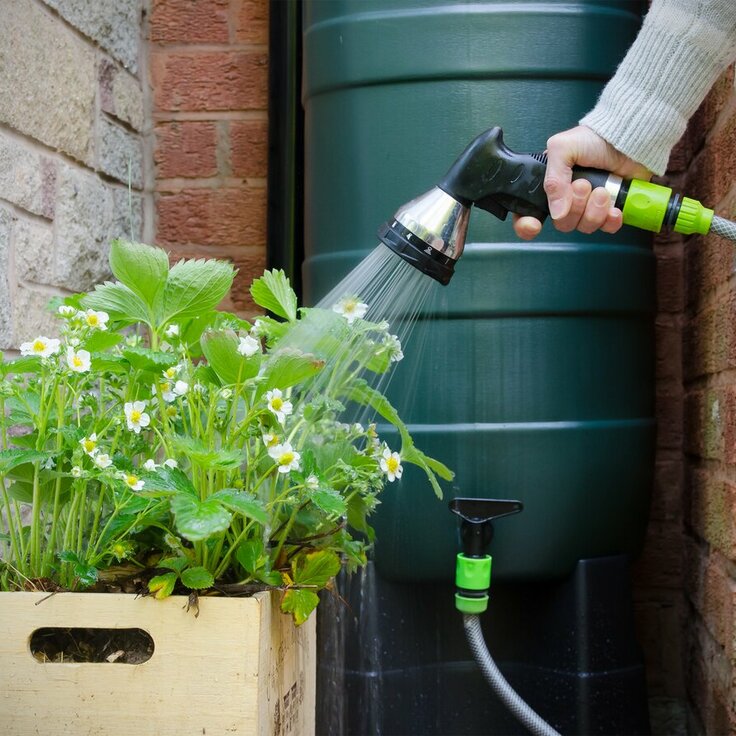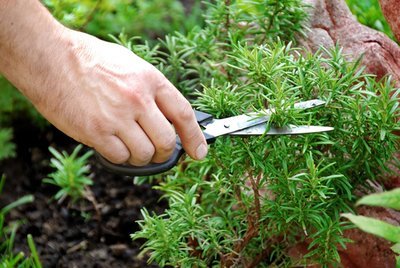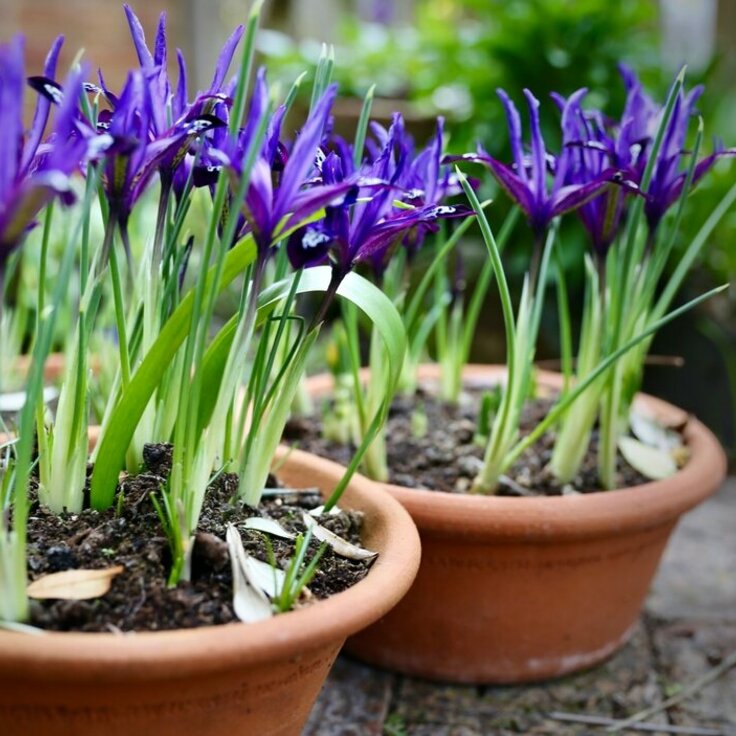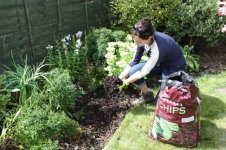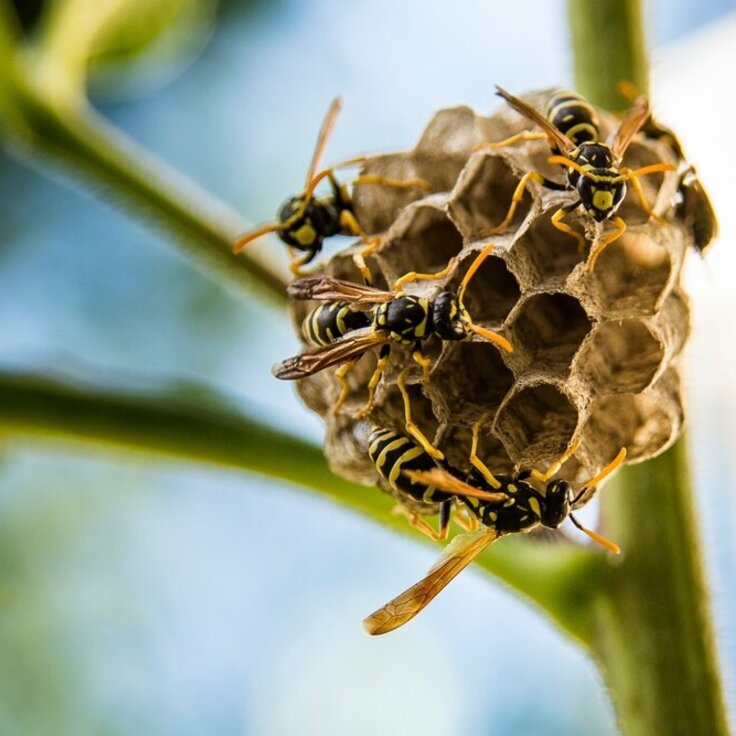Soil Moisture Analytics For Sustainable Gardening: Reducing Water Waste And Environmental Impact
Growing healthy and vibrant plants is every gardener's dream and goal. It is also crucial to preserve the environment and use resources responsibly. Water management is one of these responsibilities. Thankfully, advancements in technology have paved the way for sustainable gardening practices.
Gardeners should start with soil care to grow their plants healthy and resilient. Environment-friendly ground management ensures the garden thrives and doesn't harm the nature. By maintaining soil health, gardeners can promote optimal plant growth, cultivate biodiversity, and help combat environmental degradation.
Proper management involves a series of practices that help regulate soil temperature, conserve water, prevent erosion, and provide critical nutrients to plants to support root development and resilient plants.
Why Soil Management Should Be A Priority
The primary objective of soil management is to fulfil the fundamental requirements of plants. For healthy plant growth, it is essential to provide adequate water, nutrients, oxygen, and a favorable physical environment. This environment should facilitate seed germination, sprout growth towards sunlight, and strong root development, enabling it to grow deep.
Proper management practices and technological solutions including advanced soil moisture analytics by EOSDA can improve soil fertility, physical structure and biological activity and protect it from erosion. Healthy ground is a key to higher-yielding crops.
Ensuring food security requires effective soil management practices that have the potential to enhance agricultural production, mitigate climate change and promote sustainable economic growth. The optimization of nutrient recycling, augmentation of organic matter content, and careful application of fertilizers all play a pivotal role in enhancing nutrient utilization efficacy and improving soil quality.
The Challenge of Water Waste
Depletion or significant decline in water supplies leads to increased concentrations of natural or waste production pollutants, putting human health and the environment at serious risk. A way out of this situation may be to reduce water consumption.
Water conservation is a critical step on the way to a sustainable future. Growers can use several methods, including drip irrigation, crop rotation, organic production, and mapping out moisture content of soil. Sustainable practices and technological solutions help gardeners achieve higher yields by reducing water use and other resources.
In addition to being environmentally responsible, conserving water is also cost-effective. Decreasing availability of fresh water increases the need for advanced treatment methods. Conserving water resources helps reduce costs associated with extraction, treatment and distribution.
Agriculture and tourism, heavily dependent on water resources, can benefit greatly from water conservation. Efficient irrigation techniques, water usage reduction, and water consumption and reuse enable growers to save water, reduce costs, and increase resilience to drought. Similarly, preserving natural water bodies and ecosystems such as lakes, rivers, and wetlands can benefit humans and the environment.
Analyzing Soil Moisture: What’s on the List
Analysis of moisture content in the ground is bringing significant changes to the world of gardening. The application of sensors and remote soil moisture monitoring technologies gives growers many new valuable opportunities. Decision makers can base their findings on reliable data to effectively allocate resources.
- Precision watering is made possible by the sensors that provide data on moisture levels at various depths. This technology ensures that water is applied only when and where needed.
- Automated soil moisture systems can activate irrigation when the soil is dry.
- The analytics considers soil type, plant species, weather, and climate data to create personalized watering schedules for each garden.
- Through smartphone apps or web-based platforms, gardeners can monitor ground moisture levels remotely for real-time adjustments and peace of mind when away from home.
EOS Data Analytics is a trusted satellite analytics provider developing software products and custom solutions for sustainable agriculture and other industries. The company also understands the importance of accurate remote soil moisture monitoring for agricultural production. Therefore, EOSDA's R&D scientists have developed algorithms to create efficient and proper soil moisture analysis models based on data from multiple satellites.
Soil moisture maps can be used for daily monitoring. They enable accurate yield estimation and the study of climate patterns and their impact on productivity.
The maps, created by EOSDA, combined with other valuable data, provide the opportunity to improve crop planting and cultivation strategies. It’s also a handy tool to monitor droughts and floods, which is crucial for effective and timely crop protection. This solution can also help to identify areas unsuitable for cultivation, improve field statistics and provide precise irrigation. Insurance companies can also use historical ground moisture data to make claims decisions.
Benefits of Sustainable Gardening with Soil Moisture Analytics:
Remote sensing soil moisture data has many applications and gives a range of valuable advantages:
- Save water by making decisions based on plant and soil needs. Reliable analysis eliminates the need to rely on intuition, significantly reducing water losses.
- Save money because lower water consumption means lower bills.
- Reducing negative impact on the environment. Reducing water runoff and chemical leaching into groundwater helps create a healthier ecosystem and minimizes the environmental impact of gardening.
- Having plants that receive the appropriate amount of water leads to healthier and more robust plants that are less susceptible to diseases. It reduces the need for pesticides and fertilizers.
- Gardeners can save time by spending less time manually monitoring and watering plants, which allows them to enjoy their gardens more.
Sustainable gardening involves being responsible for the environment. Soil moisture analysis is an effective solution for resource conservation. The application of this technology makes an eco-friendly and prosperous garden more than just a dream.

